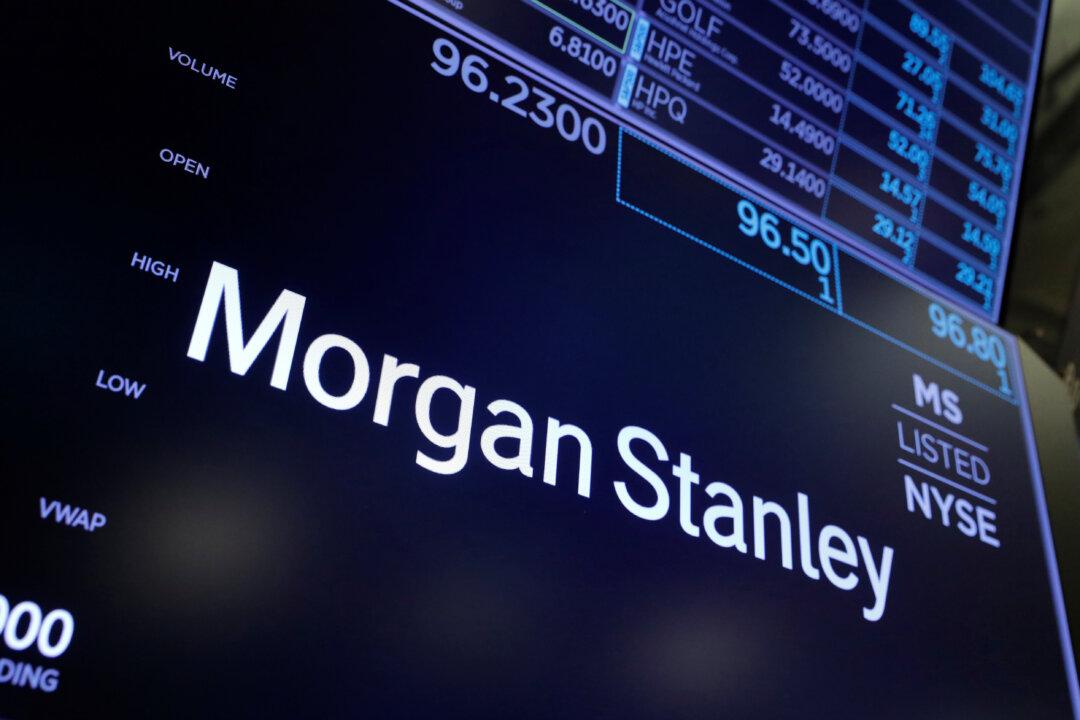Morgan Stanley’s profit slumped 30 percent on Thursday, falling short of analysts’ estimates for the first time in nine quarters, as its investment banking business struggled to cope with a slump in global dealmaking.
Revenue from investment banking plunged 55 percent in the second quarter, mirroring a similar drop at its larger Wall Street rival JPMorgan Chase & Co and eclipsing an 8 percent rise in trading revenue.





